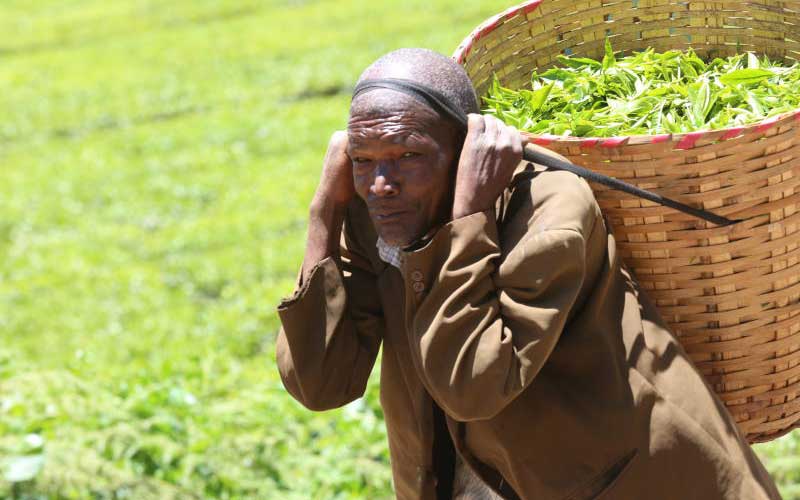×
The Standard e-Paper
Stay Informed, Even Offline

A fall in demand for tea at the Mombasa auction due to low prices has left traders holding large stocks in a major blow to farmers.
According to a recent Kenya Tea Development Agency (KTDA) report, the average price of its teas in the first half of the year sharply dropped to Sh271 per kilo from Sh327 realised in the corresponding first half of the 2017/18 financial year.